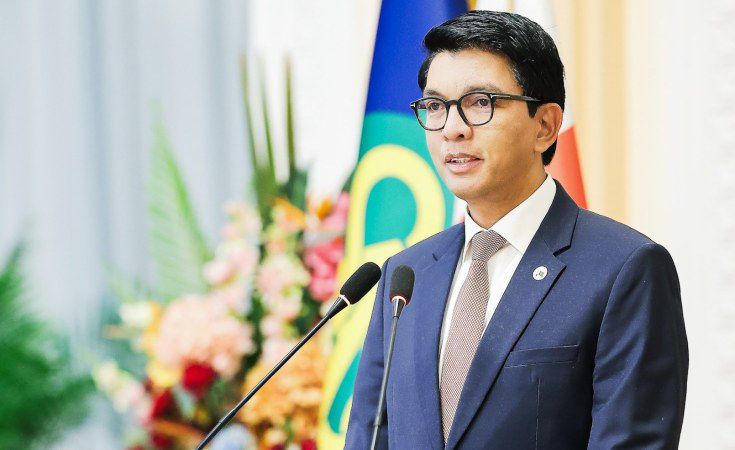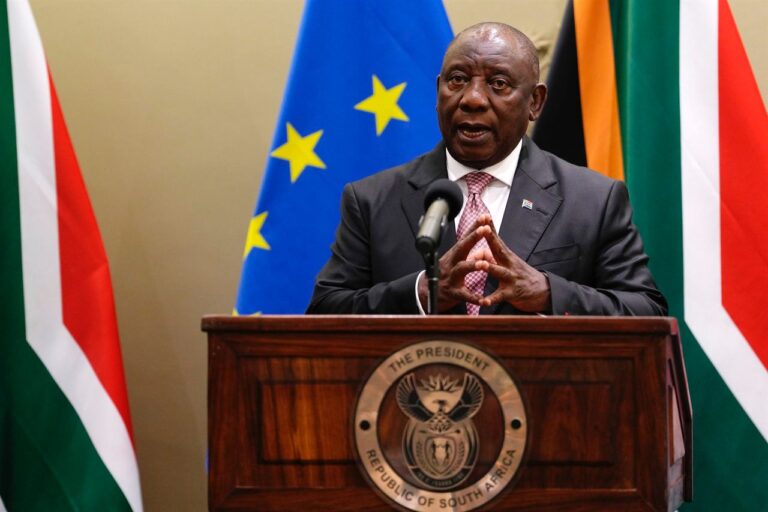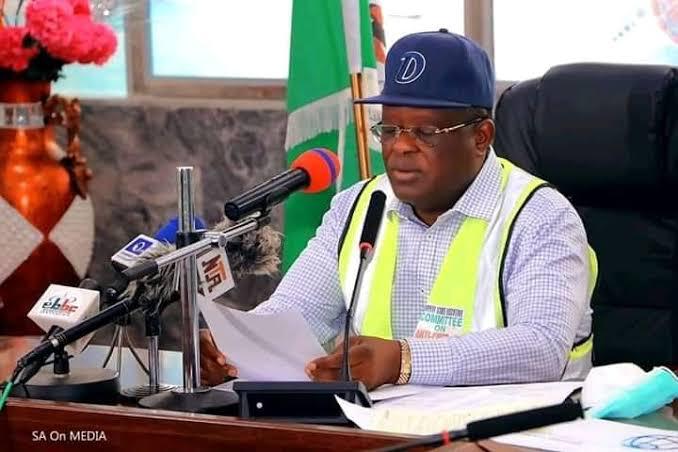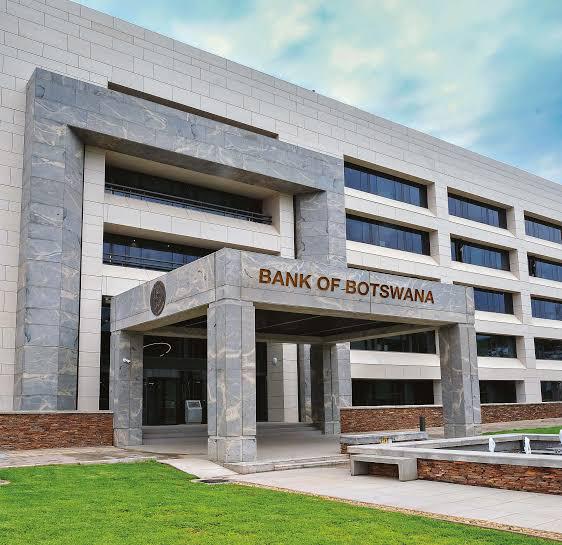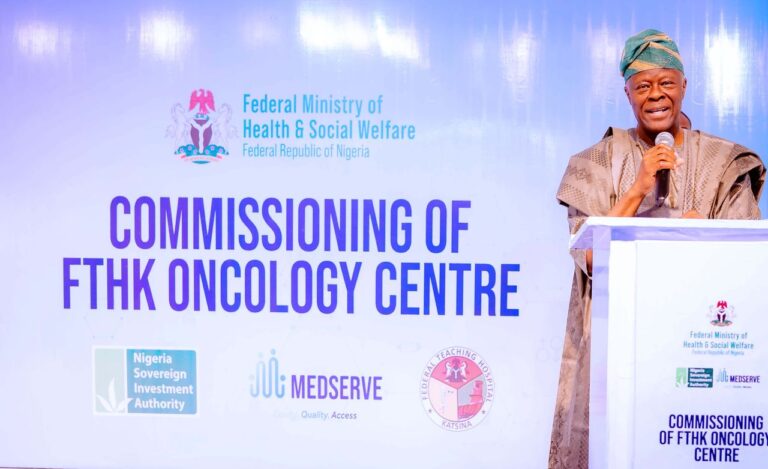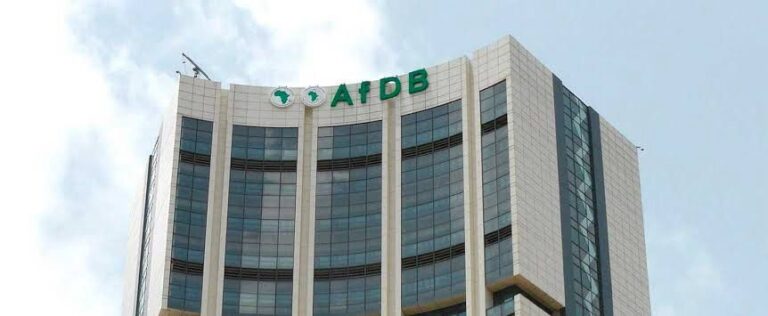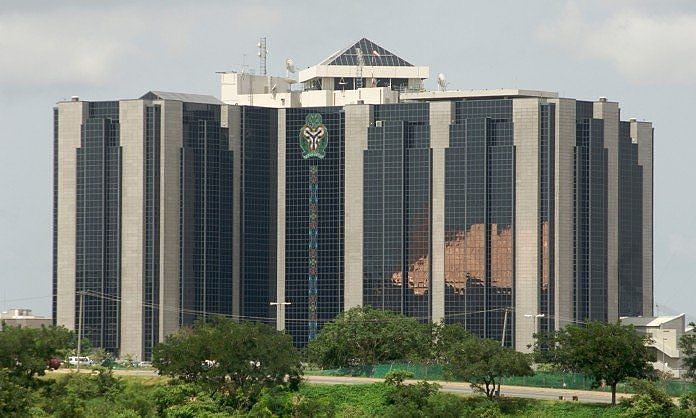Madagascan President Andry Rajoelina, currently in hiding at an undisclosed location, dissolved the National Assembly (the lower house of parliament) on Tuesday, escalating a profound political crisis marked by weeks of deadly youth-led protests and a military rebellion.
The decree, posted on the presidency’s social media page, came as opposition lawmakers were reportedly gathering signatures to initiate impeachment proceedings against the embattled leader. By dissolving the legislative body, Rajoelina effectively blocked immediate constitutional efforts to remove him from power.
The 51-year-old President’s decision follows a dramatic weekend where soldiers from the elite CAPSAT military unit, instrumental in Rajoelina’s own rise to power in a coup in 2009, broke rank to join the growing anti-government demonstrations. The CAPSAT unit, which has since claimed control of the armed forces, called for Rajoelina and his ministers to step down, prompting the President to flee the capital, Antananarivo.
In an address broadcast late Monday night from his secret location, Rajoelina refused to resign, insisting he had survived an “attempt to seize power illegally and by force.” He confirmed he was forced to find a “safe place” out of fear for his life, but stressed that the constitution must be respected. The dissolution, he argued in a follow-up social media post, was “necessary to restore order” and allow the voice of the people to be heard once again.
The current turmoil began nearly a month ago, sparked by the “Gen Z Mada” movement. Young protestors initially rallied against chronic deficiencies in basic public services, including widespread water and electricity outages, but their demands quickly broadened to encompass anger over poverty and entrenched corruption within the ruling elite. The youth-led demonstrations drew comparisons to similar movements recently seen in Nepal and Kenya.
The protests turned deadly earlier this month, with the United Nations reporting at least 22 fatalities in clashes with security forces. Despite Rajoelina’s earlier attempts to defuse the situation, including dissolving his cabinet and appointing a new prime minister, the crisis worsened with the military’s recent defection.

Siteny Randrianasoloniaiko, the leader of the opposition in the now-dissolved National Assembly, stated that the decree was “not legally valid,” asserting that the President of the National Assembly was not properly consulted as required by law.
The international community has voiced concern over the escalating violence. French President Emmanuel Macron, speaking on the sidelines of a summit in Egypt, urged that constitutional order be maintained and that the political expression of the youth not be exploited by military factions. Madagascar, an island nation with a long history of political instability and coups, now faces a critical constitutional and security vacuum.



